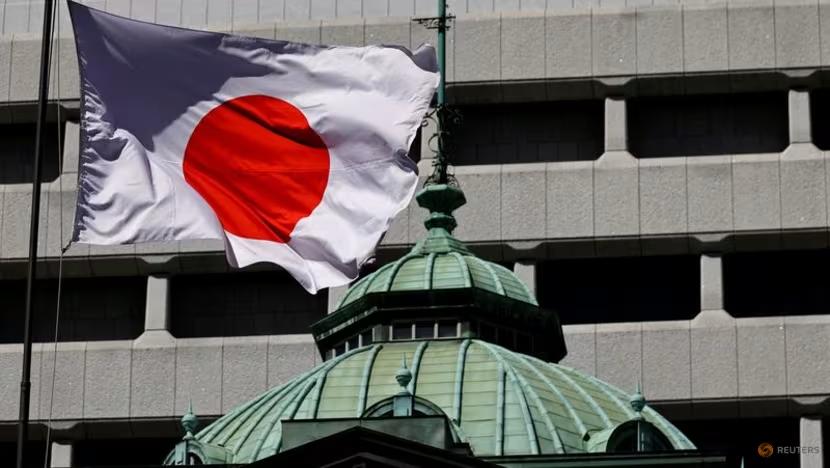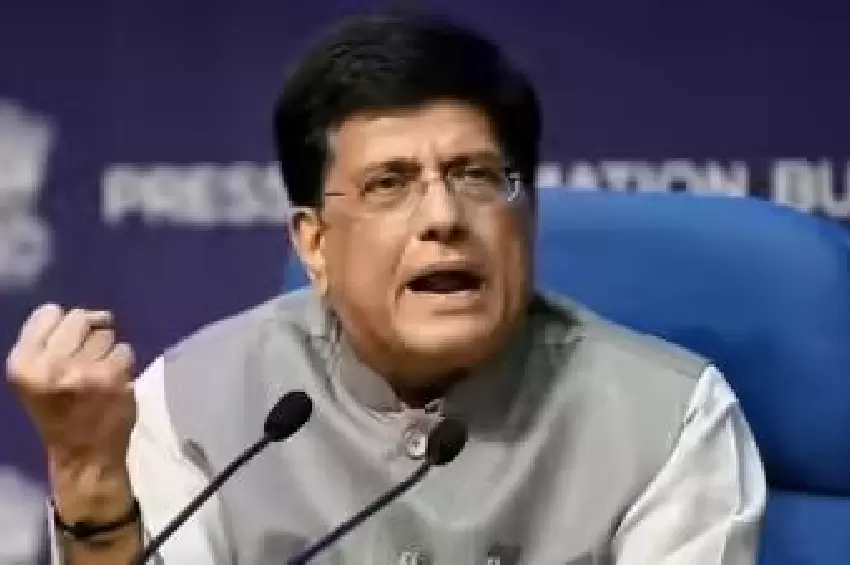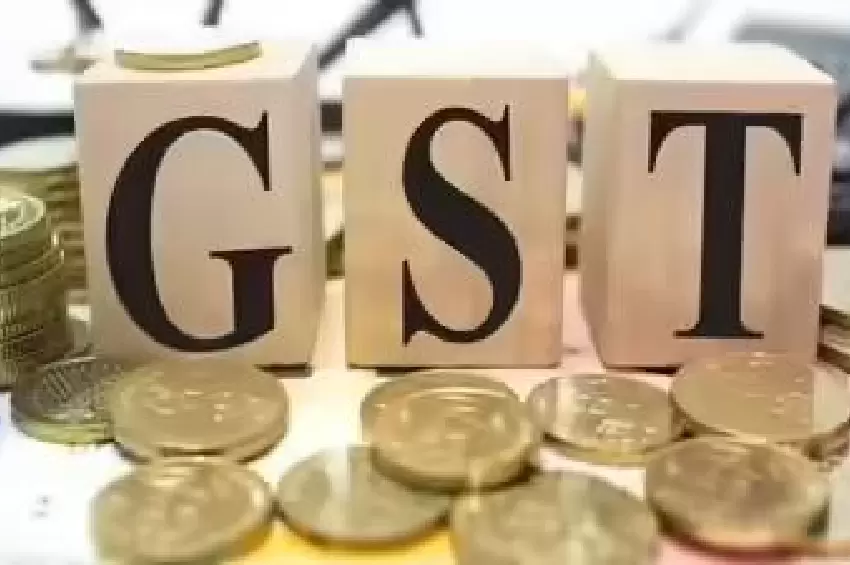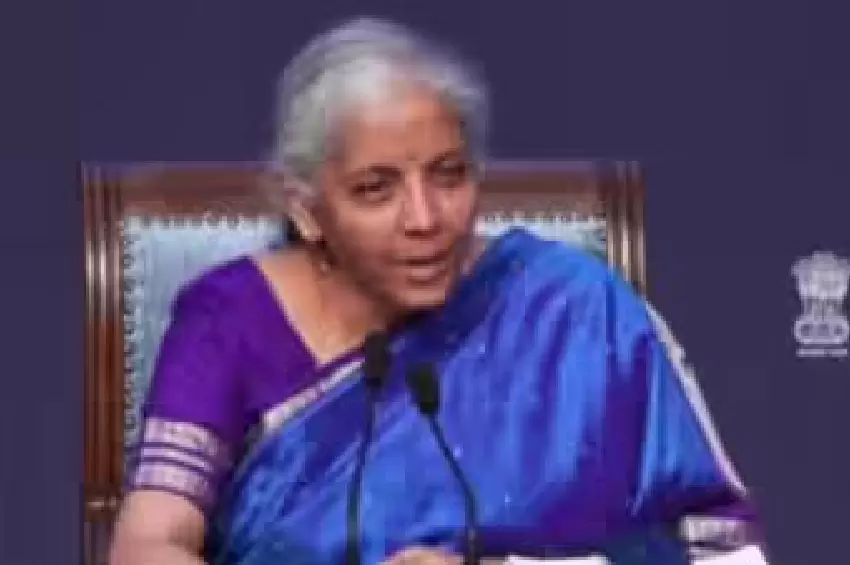
Majority of Economists Predict BOJ to Hold Rates in December
The Bank of Japan (BOJ) is expected to maintain its interest rates at 0.25% during its December policy meeting, according to a majority of economists in a recent Reuters poll. This prediction marks a shift from the previous month's survey, where a slim majority anticipated a rate hike by year-end.
In the latest poll conducted from December 4-11, 58% of the 57 economists surveyed believed the BOJ would refrain from raising borrowing costs again in December, compared to 44% in the previous poll. The BOJ last raised rates in July, and recent reports suggest the central bank is leaning towards holding rates on December 19.
BOJ's Focus on Overseas Risks and Wage Outlook
Economists suggest the BOJ is carefully assessing overseas risks and the outlook for next year's wages before making any further moves. The central bank is also seeking to improve communication about policy changes with market participants through various channels, including speeches and a branch manager meeting scheduled before its January policy-setting meeting.
While inflation and wage data indicate the Japanese economy is progressing as the BOJ projected, the central bank remains cautious about external risks. "If the BOJ is to 'carefully examine the future economic developments and policy management' of the U.S., it would be better to wait until the January meeting next year to confirm the economic situation as well as the policy management of the incoming Trump administration," said Mari Iwashita, chief market economist at Daiwa Securities.
Economic Indicators and Future Rate Hike Predictions
All respondents in the latest poll predicted the BOJ would raise rates by at least 25 basis points to 0.50% by the end of March. However, the timing of the next rate hike remains uncertain, with economists' predictions fluctuating between December and January.
Despite regular wages rising at an annual pace of around 2.5% to 3% and inflation remaining above the BOJ's 2% target for over two years, household spending and factory output data suggest a fragile economic recovery. The BOJ ended negative interest rates in March and raised its short-term policy target to 0.25% in July, signaling readiness to hike again if wages and prices move as projected.
The median forecast for the rate of pay increase at next fiscal year's spring labor-management negotiations was 4.7%, down from this year's 5.1% but still higher than last year's 3.58%. Additionally, about 94% of economists surveyed believe U.S. President-elect Donald Trump's proposed tariff policies would negatively impact Japan's economy.









Comments